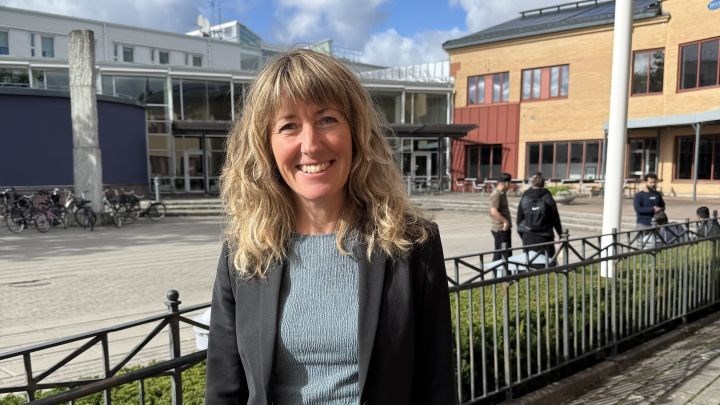Support programme helps parents navigate daily life

Maria Wingrens’s research shows that the “Let’s Get Organized” intervention helps adults to be organised and improves quality time with their children.
For adults with ADHD, everyday life can be a challenge that sometimes involves significant difficulties – at work, at home, and as a parent.
“Time management support for adults with ADHD, autism, and mental disorders could improve many people’s daily lives”, says Maria Wingren at Örebro University.
Three tips from Maria Wingren for those that struggle with time management and organising daily life:
- Try to create routines that you can apply in your everyday life. Structure creates context and makes it easier to manage time and organise your life.
- Use a calendar and a to-do list. It’s easier to relax when you know you’re on top of things.
- Plan your time based on your energy levels. Schedule your most demanding tasks when you have the most energy – not when you’re the most tired.
We all struggle with managing time and organising our daily lives at times. But for some, these difficulties are particularly severe, with a negative impact on their professional life, at home, and in parenting. Maria Wingren is an occupational therapist and researcher at Örebro University, studying how the intervention “Let’s Get Organized” can support people with conditions such as ADHD and autism in managing time, finding planning strategies, and organising daily activities.
“We were surprised that Let’s Get Organized also had such a positive impact on parenting. The results are interesting because the programme focuses on adult time management, not parenting specifically. Parents who participated described more active parenting and better predictability in everyday life. They also experienced fewer conflicts and better relationships both within and outside the family,” says Maria Wingren.
Identifying problems earlier
Let’s Get Organized is currently offered after contact with outpatient psychiatry or habilitation services, when the person may already have been struggling for a long time. But it is better if problems are identified earlier and more people in healthcare and society know that support is available – rather than waiting for a diagnosis or for specialist psychiatry services to get involved. More people could get help if support was easier to access, for example at primary health care centres for those seeking help for burnout, stress, and similar issues, and also in services that cater to new parents, since family life involves more activities and routines that need to work.
“Managing time in daily life has always been a fundamental part of occupational therapy. Having routines and balance in everyday life is linked to health. When seeing an occupational therapist, you would commonly be given, for example, time management aids and support in organising your day and home. Let’s Get Organized is a relatively new group intervention, and my research has shown that both approaches are effective,” says Maria Wingren.
Help for a smooth everyday life
“It’s not only people with ADHD who may struggle to organise their lives, manage time, stress, and all the pressures of everyday life. But for people with, say, ADHD or autism, these challenges can cause major problems with tough consequences. When supported in learning strategies and creating routines for sleep, meals, and so on, life improves for the adults – which can also benefit their children.”
Let’s Get Organized is based on ten weekly sessions. The group is led by an occupational therapist and covers various themes such as using a calendar, making to-do lists, prioritising, reviewing your circadian rhythm and energy levels. Participants also share tips with each other. This way, they are given support to find their own strategies and solutions to everyday challenges.
“Participants report that they notice a difference. They can find time for personal recovery and be more organised, they can settle down to relax with their children in front of the TV in the evening, and do other activities, which before may have been a challenge,” says Maria Wingren.
Long-term results
The study shows that the improved time management skills lasted a year after the intervention. That the programme had such a long-term effect has not been researched before – there are generally few long-term studies in this field. Since time management difficulties due to, for example, ADHD or autism usually persist over time, it is important to offer support with lasting results.
“In our next study, we will investigate what is most cost-effective. I will then collaborate with economics researchers to conduct a health economics study that can provide better data for decision-making in regions and municipalities,” says Maria Wingren.
Time management support can be provided through both individual meetings with an occupational therapist and in groups using Let’s Get Organized. Group occupational therapy with Let’s Get Organized was not more effective than individual meetings – as both improved participants’ time management skills.
Let’s Get Organized is recommended as an intervention in the Swedish National Board of Health and Welfare’s national guidelines for ADHD and autism.
Text: Björn Sundin
Photo: Björn Sundin
Translation: Charlotta Hambre-Knight
